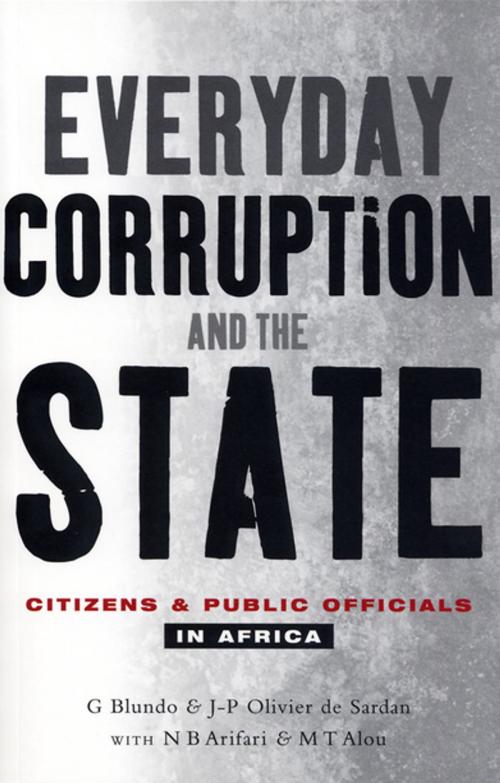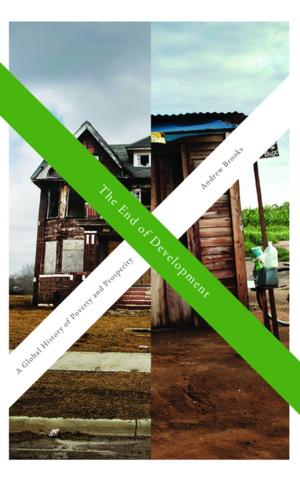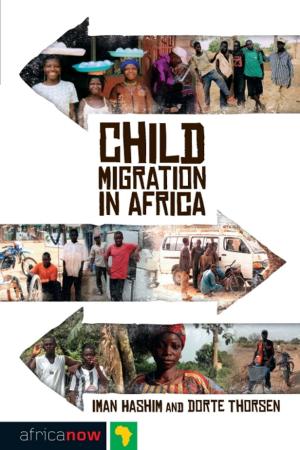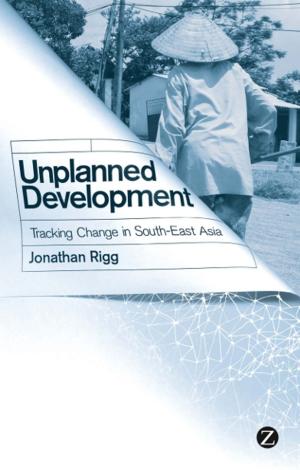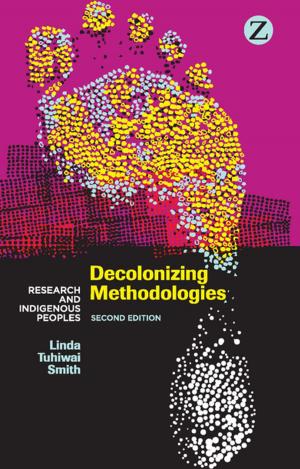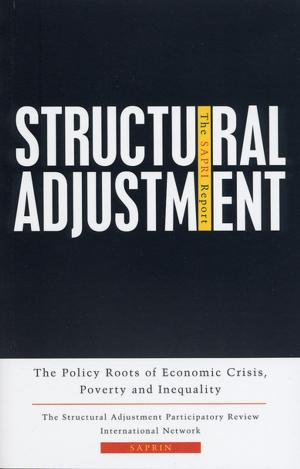Everyday Corruption and the State
Citizens and Public Officials in Africa
Nonfiction, Social & Cultural Studies, Political Science, Government, Reference & Language, Reference, Social Science| Author: | Giorgio Blundo, Jean-Pierre Olivier de-Sardan, N. B. Arifari, M. T. Alou | ISBN: | 9781848136649 |
| Publisher: | Zed Books | Publication: | April 4, 2013 |
| Imprint: | Zed Books | Language: | English |
| Author: | Giorgio Blundo, Jean-Pierre Olivier de-Sardan, N. B. Arifari, M. T. Alou |
| ISBN: | 9781848136649 |
| Publisher: | Zed Books |
| Publication: | April 4, 2013 |
| Imprint: | Zed Books |
| Language: | English |
Daily life in Africa is governed by the 'petty' corruption of public officials in services such as health, transport, or the judicial system. This remarkable study of everyday corruption in three African countries investigates the reasons for its extraordinary prevalence. The authors construct an illuminating analytical framework around the various forms of corruption, the corruptive strategies public officials resort to, and how these forms and strategies have become embedded in daily administrative practices. They investigate the roots of the system in the growing inability of weakened states in Africa to either reward their employees adequately or to deliver expected services. They conclude that corruption in Africa today is qualitatively different from other parts of the world in its pervasiveness, its legitimations, and its huge impact on the nature of the state.
Daily life in Africa is governed by the 'petty' corruption of public officials in services such as health, transport, or the judicial system. This remarkable study of everyday corruption in three African countries investigates the reasons for its extraordinary prevalence. The authors construct an illuminating analytical framework around the various forms of corruption, the corruptive strategies public officials resort to, and how these forms and strategies have become embedded in daily administrative practices. They investigate the roots of the system in the growing inability of weakened states in Africa to either reward their employees adequately or to deliver expected services. They conclude that corruption in Africa today is qualitatively different from other parts of the world in its pervasiveness, its legitimations, and its huge impact on the nature of the state.
